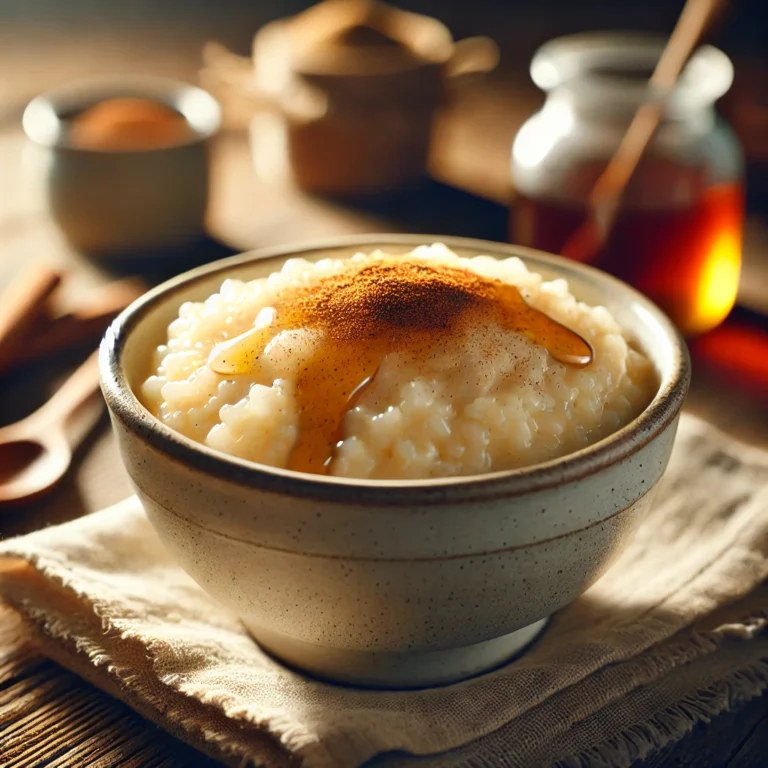Finding a meal that feels safe when your gut is unpredictable can be exhausting. This low FODMAP tuna salad recipe keeps things simple. It is fresh, flavour-packed and gentle, so you get a calm lunch without the endless ingredient detective work.
Low FODMAP Tuna Salad
Equipment
- Mixing bowl
- Tin opener
- Whisk
- Air fryer (optional)
Ingredients
- 1 tin 160g of tuna, drained
- 2 cups mixed salad greens
- 1/2 cup cherry tomatoes halved
- 1/4 cup sliced cucumber
- 1/4 cup sliced red pepper
- 1/4 cup sliced carrots
- 1/4 cup chopped spring onions green part only
- 2 tbsp olive oil
- 2 tbsp lemon juice
- 1 tsp Dijon mustard
- Salt and pepper to taste
Instructions
- In a mixing bowl, whisk together olive oil, lemon juice, Dijon mustard, salt, and pepper to make the dressing.
- Add tuna, salad greens, cherry tomatoes, cucumber, red pepper, carrots, and spring onions to the bowl and toss to combine.
- Serve immediately or refrigerate until ready to serve.
- If using an air fryer, toss the sliced veggies in a little olive oil and air fry at 180°C for 10-15 minutes until crisp.
Notes
You can also add other low FODMAP veggies like courgette or radishes.
The salad can be made ahead of time and stored in the fridge for up to 2 days.
To make it a complete meal, serve with a side of gluten-free crackers or bread.
Low FODMAP Tuna Salad Recipe Tips
This is an easy low FODMAP tuna salad you can make in minutes. A few small tweaks keep flavour high and FODMAPs low.
- Make it a no-garlic tuna salad. Use garlic infused oil if you want aroma without FODMAPs.
- Keep it dairy-free and gluten-free. The dressing is olive oil, lemon juice and Dijon mustard, so you get a dairy-free tuna salad and a gluten-free tuna salad in one bowl.
- Serving ideas. Add a handful of mixed salad greens, or serve with gluten-free crackers for crunch.
- Smart swaps. Try radishes or courgette for extra bite. Keep the green part of spring onions only.
- Meal prep win. It doubles as a make-ahead tuna salad. Toss just before eating to keep leaves crisp.
Tuna low FODMAP guide
Good news. Tuna is a protein food, so it is naturally low in FODMAPs. The label matters more than the fish. Keep an eye on what it sits in.
- Canned tuna in spring water. A reliable canned tuna low FODMAP choice.
- Tuna in brine. Still low FODMAP. Rinse if it tastes too salty.
- Tuna in oil. Also low FODMAP. Avoid jars flavoured with onion or garlic.
Short answer to a common ask, is tuna low FODMAP. Yes, plain tuna is, and it is a helpful option during the elimination phase of a Crohn’s disease diet or for IBS safe meals.
Crohn’s friendly tuna salad tips
- Texture can help. If raw veg is too rough on a sensitive gut, air fry vegetables lightly to soften without losing flavour.
- Portion size matters. Large servings of any food can feel heavy during a flare. Start small and build.
- Dress it gently. A low FODMAP dressing with olive oil and lemon juice is simple and kind.
- Temperature counts. Very cold food can feel crampy for some. Let the salad lose its chill for a few minutes.
- Track your patterns. The same lunch can land differently on different days. That is your gut being human, not you doing it wrong.
Why tuna can feel tricky
If tuna seems to set things off, it is usually the extras, not the fish.
- Additives and flavourings. Some tins contain onion, garlic or rich sauces.
- Fat load. Heavy mayonnaise or creamy dressings may be harder to tolerate, even if low FODMAP on paper.
- Portion and timing. Eating quickly or when stressed can make a calm food feel less calm.
Try a back-to-basics test. Plain tuna, a few low FODMAP vegetables, a squeeze of lemon and olive oil. If that feels fine, add extras one at a time.
Make-ahead and storage
- Refrigeration. Store the tuna mixture and leaves separately in the fridge for up to 2 days.
- Toss to serve. Add the low FODMAP dressing just before eating so it stays fresh.
- Lunchbox tip. Pack a small pot of lemon juice and oil to mix on the spot.
Air fryer vegetables
If you prefer softer veg, air fryer vegetables are handy. Toss carrot, red pepper and courgette in olive oil and cook at 180°C for 10 to 12 minutes until tender at the edges. Cool before adding to your salad so the leaves do not wilt.
Other low FODMAP fish and swaps
- Salmon and cod. Great low FODMAP fish that are gentle and versatile.
- Chicken or tofu. Helpful alternatives if you fancy a change from fish.
- Serve with grains. Small portions of rice or quinoa can make it more filling if tolerated.
Nutrition at a glance
- Protein. Supports recovery and helps you feel satisfied.
- Fats. Olive oil and tuna provide fats that many find easier to digest than creamy dressings.
As always, your tolerance is personal. Adjust ingredients to suit your day.
Resources to explore
Medical information disclaimer
Remember, this blog post is intended for informational purposes only and should not be construed as medical advice. Always consult with your doctor to discuss your individual situation and determine the best course of treatment for you. Do not start or stop medications without speaking to a doctor. Do not change your diet without speaking to your doctor or a healthcare professional.






